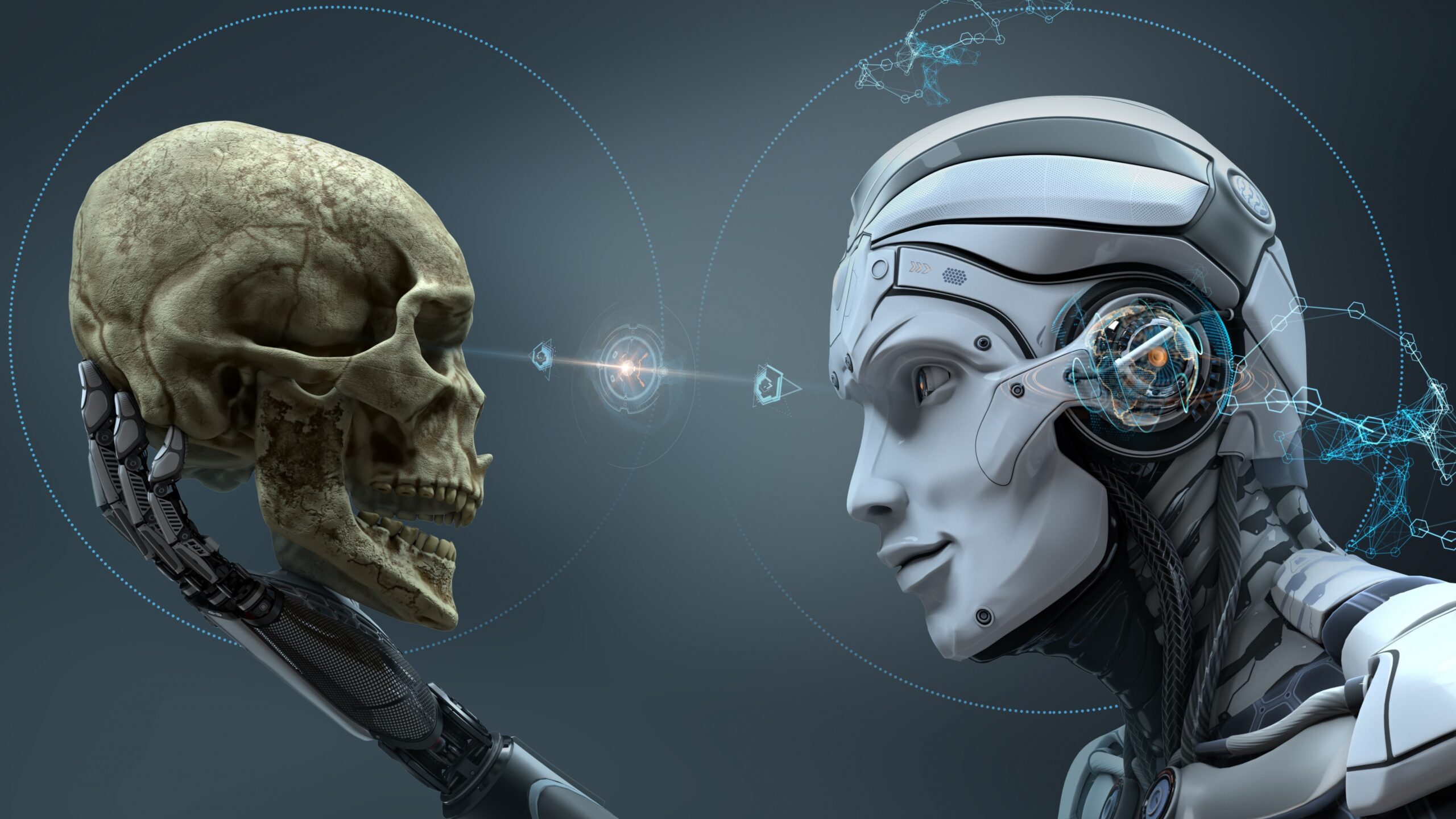Artificial Intelligence (AI) is no longer just a futuristic concept; it’s a transformative force reshaping various industries, including content creation. From writing articles to generating images, AI is revolutionizing how content is produced and consumed. But what exactly is AI content creation, and how is it changing the creative landscape?
What is AI Content Creation?
AI content creation involves using machine learning algorithms and natural language processing (NLP) to generate written, visual, or audio content. Generative AI models, such as OpenAI’s GPT-4, can create articles, reports, social media posts, and even poetry. They analyze vast amounts of data, learn patterns, and use this knowledge to produce content that mimics human creativity.
How Does Generative AI Work?
Generative AI models are trained on extensive datasets, learning language patterns, grammar, and context. Once trained, they can generate new content by predicting the next word, sentence, or paragraph based on a given prompt. For example, if you ask a Generative AI to write about “the future of content creation,” it will generate a coherent and contextually relevant article on that topic.
Benefits of AI in Content Creation
- Efficiency and Speed: AI can produce content in seconds, making it an invaluable tool for marketers, writers, and businesses. Whether it’s generating blog posts, product descriptions, or social media updates, AI streamlines the content creation process.
- Personalization at Scale: AI can analyze user data to create personalized content tailored to individual preferences. This capability is particularly useful in marketing, where personalized messages can significantly boost engagement and conversion rates.
- Cost-Effective: By automating repetitive content tasks, AI reduces the need for large content teams, saving businesses time and money. Small businesses, in particular, benefit from AI’s ability to produce high-quality content without the overhead.
- 24/7 Availability: AI doesn’t need breaks or sleep. It can generate content around the clock, ensuring that your content strategy remains consistent and timely.
How Can AI Help with Content Creation?
AI assists in various aspects of content creation:
- Content Generation: AI can draft blog posts, articles, and newsletters, helping writers overcome creative blocks or meet tight deadlines.
- Editing and Proofreading: AI tools can identify grammar errors, suggest improvements, and ensure content is clear and concise.
- SEO Optimization: AI analyzes keywords and search trends, helping create content that ranks higher in search engine results.
- Content Ideation: AI can suggest topics, headlines, and angles based on trending topics, audience interests, or specific goals.
- Multimedia Creation: Generative AI can create images, videos, and even music, expanding the scope of content creation beyond text.
How AI is Changing Content Writing
AI is transforming content writing in several ways:
- Democratizing Content Creation: With AI tools, anyone can create high-quality content, regardless of writing expertise. This democratization opens new opportunities for individuals and small businesses to compete with larger enterprises.
- Enhancing Creativity: While some fear AI could stifle creativity, it can actually enhance it. AI can provide fresh perspectives, suggest alternative phrasings, and inspire human writers to think outside the box.
- Shifting Roles: As AI takes over routine writing tasks, content creators can focus on strategy, storytelling, and other high-value activities. Writers may also evolve into AI supervisors, fine-tuning and editing AI-generated content.
- Data-Driven Writing: AI can analyze vast amounts of data to identify what content resonates with audiences. Writers can then craft more targeted and effective content based on these insights.
Challenges and Considerations
While AI offers many benefits, it also comes with challenges:
- Quality Control: AI-generated content may lack the nuance and emotional depth of human writing. It’s crucial to review and edit AI content to ensure it aligns with your brand voice and standards.
- Ethical Concerns: There are ethical questions about AI’s role in creative industries. For example, who owns the content created by AI? How can businesses ensure AI-generated content is original and not plagiarized?
- Dependence on AI: Over-reliance on AI could lead to generic, cookie-cutter content that lacks originality. Human creativity and insight are still essential for creating truly impactful content.
The Future of Content Creation with AI
The future of content creation with AI is exciting and full of possibilities. As AI continues to evolve, we can expect even more sophisticated tools that blur the lines between human and machine creativity. From hyper-personalized marketing content to AI-generated art and music, the potential is limitless.
However, as AI becomes more integrated into content creation, it’s essential to strike a balance. The most successful content strategies will likely combine the efficiency and data-driven insights of AI with the creativity, empathy, and storytelling that only humans can provide.
In conclusion, while AI is changing the content creation landscape, it’s not replacing human writers and creators. Instead, it’s a powerful tool that, when used correctly, can enhance creativity, boost productivity, and open up new opportunities for businesses and individuals alike. Embracing AI in content creation is not just about staying ahead of the curve; it’s about redefining what’s possible in the digital age.




